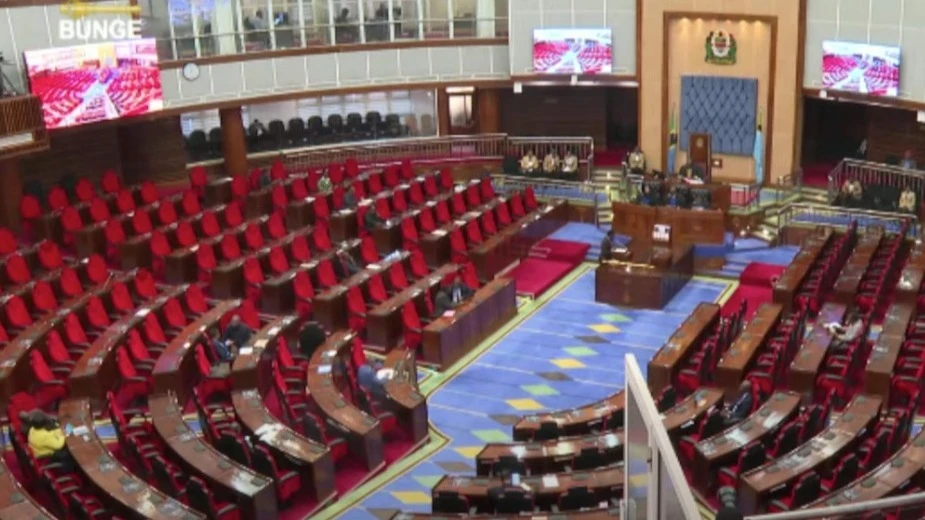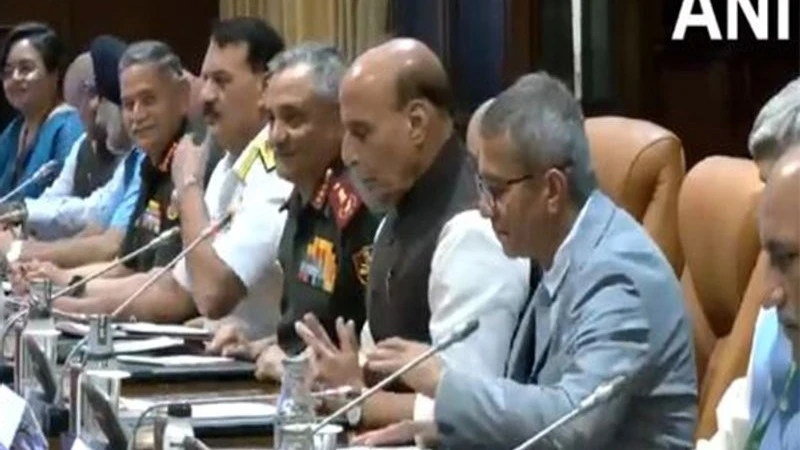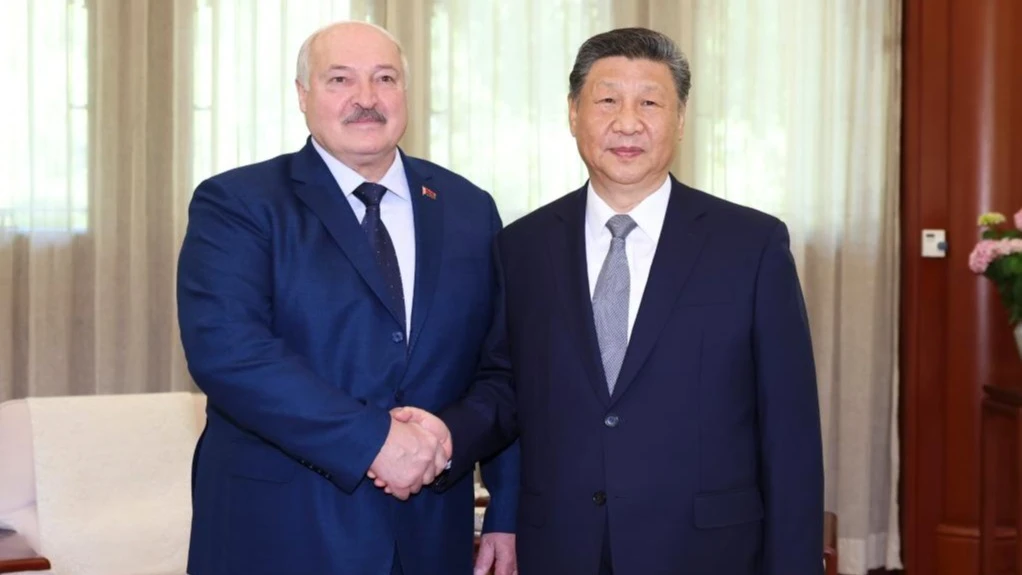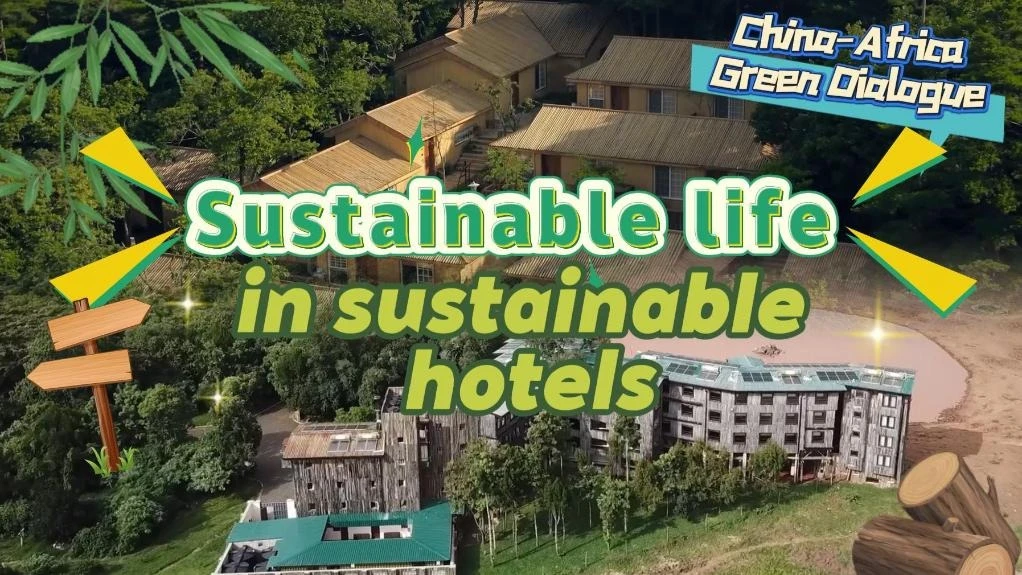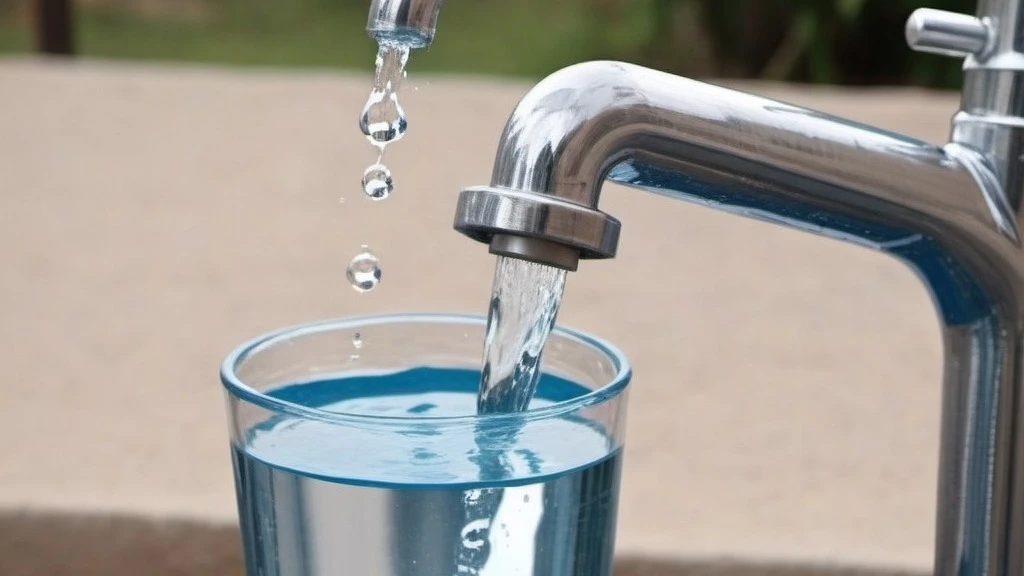UN urges stronger action to tackle plastic pollution, protect marine ecosystems
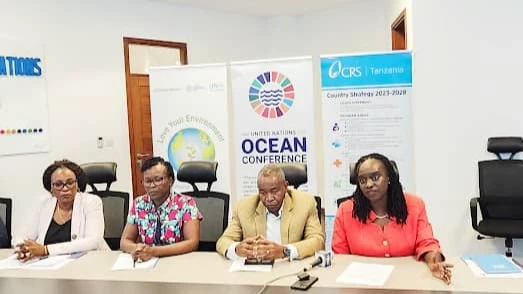
THE United Nations has called for intensified national and global efforts to combat plastic pollution and safeguard marine ecosystems, as the world prepares to mark World Environment tomorrow.
Speaking at a press conference in Dar es Salaam, UN Resident Coordinator Susan Namondo underscored the importance of this year’s environmental themes and praised Tanzania’s growing leadership in environmental stewardship.
“This year’s theme for World Environment Day, ‘Ending Plastic Pollution’, and World Oceans Day, ‘Sustainable Fishing Means More’, highlight our urgent responsibility to act collectively in protecting both people and planet,” she said.
The observances come at a pivotal moment, as the global community prepares for the 3rd United Nations Ocean Conference, scheduled for June 9 to 13 in Nice, France. Co-hosted by France and Costa Rica, the conference aims to accelerate progress on Sustainable Development Goal 14: Life Below Water.
Namondo warned that over 11 million metric tons of plastic enter the ocean each year — a figure projected to nearly triple by 2040 if urgent action is not taken. With an estimated 75 to 199 million tons of plastic currently polluting the world’s oceans, and over 800 marine species affected through ingestion, entanglement, and habitat loss, the crisis demands immediate global cooperation.
“Plastic pollution is not just an environmental issue — it is a human issue,” Namondo stressed. “It disproportionately affects coastal communities, especially women and small-scale fishers whose livelihoods depend on healthy marine ecosystems.”
With more than 1,400 kilometers of coastline along the Indian Ocean, Tanzania is well-positioned to lead efforts in ocean conservation. The country’s coastal ecosystems — including mangroves, coral reefs, and seagrass beds — are vital for marine biodiversity, tourism, fisheries, and climate resilience.
Since implementing a ban on single-use plastic bags in 2019, Tanzania has continued to strengthen its policies on waste management, marine conservation, and the emerging blue economy. Speaking at the same event, Clara Makenya, Country Representative of the United Nations Environment Programme (UNEP), said plastic pollution solutions must go beyond clean-up campaigns.
“This is not just about cleaning up — it is about demonstrating what is possible when we all take responsibility,” she said. Makenya noted that upcoming interventions will adopt an inclusive approach, engaging all levels of society. “The interventions will reflect and advocate for all levels — from compliance and law enforcement partners, to entrepreneurs showcasing recycling innovations, and of course, community-led clean-up activities,” she added.
Her remarks highlighted the importance of multisectoral partnerships and grassroots action in preventing plastic waste from entering the environment in the first place.Meanwhile, Jamal Baruti, a representative from the National Environment Management Council (NEMC), revealed that the council is currently conducting a study to assess the extent of plastic pollution in Tanzania’s water bodies.
Top Headlines
© 2025 IPPMEDIA.COM. ALL RIGHTS RESERVED












